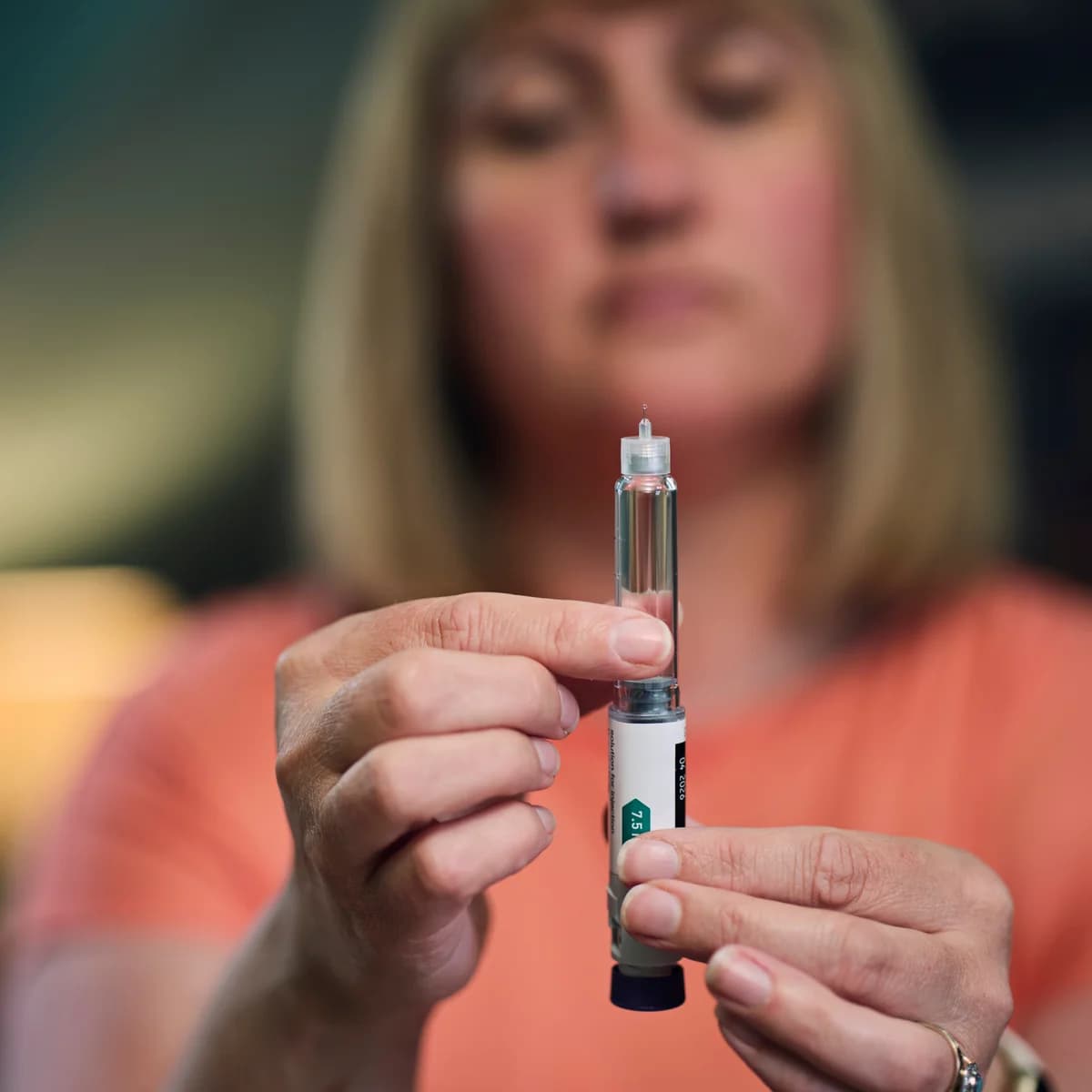We're loading the full news article for you. This includes the article content, images, author information, and related articles.
The record seizure of counterfeit slimming injections in the UK raises urgent questions for Kenyan health authorities and consumers, as the global black market for popular but risky weight-loss drugs expands online.

GLOBAL – Health authorities are on high alert following the dismantling of a major illegal factory producing counterfeit weight-loss injections in Northampton, United Kingdom. In a two-day operation concluding on Wednesday, October 22, 2025, officers from the UK's Medicines and Healthcare products Regulatory Agency (MHRA), supported by local police, seized unlicensed medicines and raw ingredients with an estimated street value of over £250,000 (approximately KSh 41 million). The raid, described as the first of its kind in the UK and the largest single seizure of trafficked weight-loss medicines recorded by any law enforcement agency worldwide, has exposed the dangerous lengths criminal networks will go to exploit soaring global demand for these drugs.
During the raid, investigators discovered more than 2,000 ready-to-ship injection pens falsely labelled as containing tirzepatide and retatrutide, active ingredients in popular weight-loss medications. They also found tens of thousands of empty injection pens, raw chemical ingredients, sophisticated manufacturing equipment, and approximately £20,000 (KSh 3.3 million) in cash suspected to be linked to the trafficking operation. UK Health Secretary Wes Streeting issued a stark warning following the bust, stating the unregulated products "posed a major risk to unwitting customers." He urged the public: "don't buy weight loss medications from unregulated sources... and don't line the pockets of criminals who don't care about your health."
The events in the UK serve as a critical warning for Kenya, where GLP-1 agonist drugs like Ozempic (semaglutide) and Mounjaro (tirzepatide) are available and gaining popularity for weight management. These medications, while approved for treating type 2 diabetes, are increasingly used "off-label" for weight loss, a practice that has already prompted warnings from local health authorities. In August 2025, Kenya's Pharmacy and Poisons Board (PPB) issued a strong advisory against the unsupervised use of these drugs for slimming. Dr. Fred Siyoi, the PPB's Chief Executive Officer, emphasized that semaglutide is a prescription-only medicine and its misuse could lead to severe complications, including intestinal obstruction and vision-threatening eye conditions.
The high cost and global shortages of legitimate drugs have fueled a dangerous international black market, making consumers vulnerable to counterfeit products sold online and through social media. The World Health Organization (WHO) has repeatedly issued alerts about falsified GLP-1 products circulating globally, which may lack active ingredients or contain harmful substances like insulin, leading to unpredictable and life-threatening health outcomes. In Kenya, the challenge is compounded by a persistent problem with counterfeit pharmaceuticals. According to the Anti-Counterfeit Authority (ACA), Kenya loses over KSh 153 billion annually to counterfeit trade, with the health sector being one of the most affected.
Health experts stress that counterfeit medicines are produced without any regard for safety or quality. Andy Morling, head of the MHRA's criminal enforcement unit, described the seized UK products as "untested, unauthorised, and potentially deadly." The US Food and Drug Administration (FDA) has also received hundreds of reports of adverse events linked to improperly compounded or counterfeit weight-loss drugs, including severe nausea, vomiting, and dosing errors requiring hospitalization. The risks are clear: purchasing these injections from any source other than a licensed pharmacy with a valid prescription from a healthcare professional is a dangerous gamble.
In response to these threats, Kenya's PPB has been conducting crackdowns on unlicensed chemists and urges the public to report any suspected counterfeit products or illegal sales. Consumers are advised to only use prescription medicines under the guidance of a doctor and to source them from reputable, registered pharmacies. The recent seizure in the UK is not an isolated incident but a clear signal of a global criminal enterprise that directly threatens the health of Kenyans. Vigilance from both the public and regulatory bodies is essential to prevent these potentially fatal products from infiltrating the local market.
Keep the conversation in one place—threads here stay linked to the story and in the forums.
Sign in to start a discussion
Start a conversation about this story and keep it linked here.
Other hot threads
E-sports and Gaming Community in Kenya
Active 9 months ago
The Role of Technology in Modern Agriculture (AgriTech)
Active 9 months ago
Popular Recreational Activities Across Counties
Active 9 months ago
Investing in Youth Sports Development Programs
Active 9 months ago